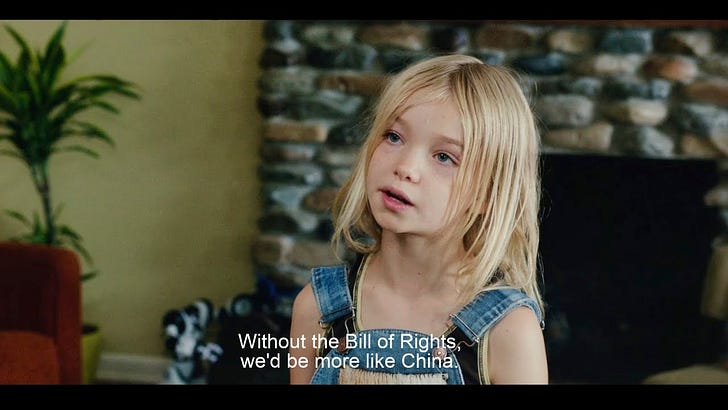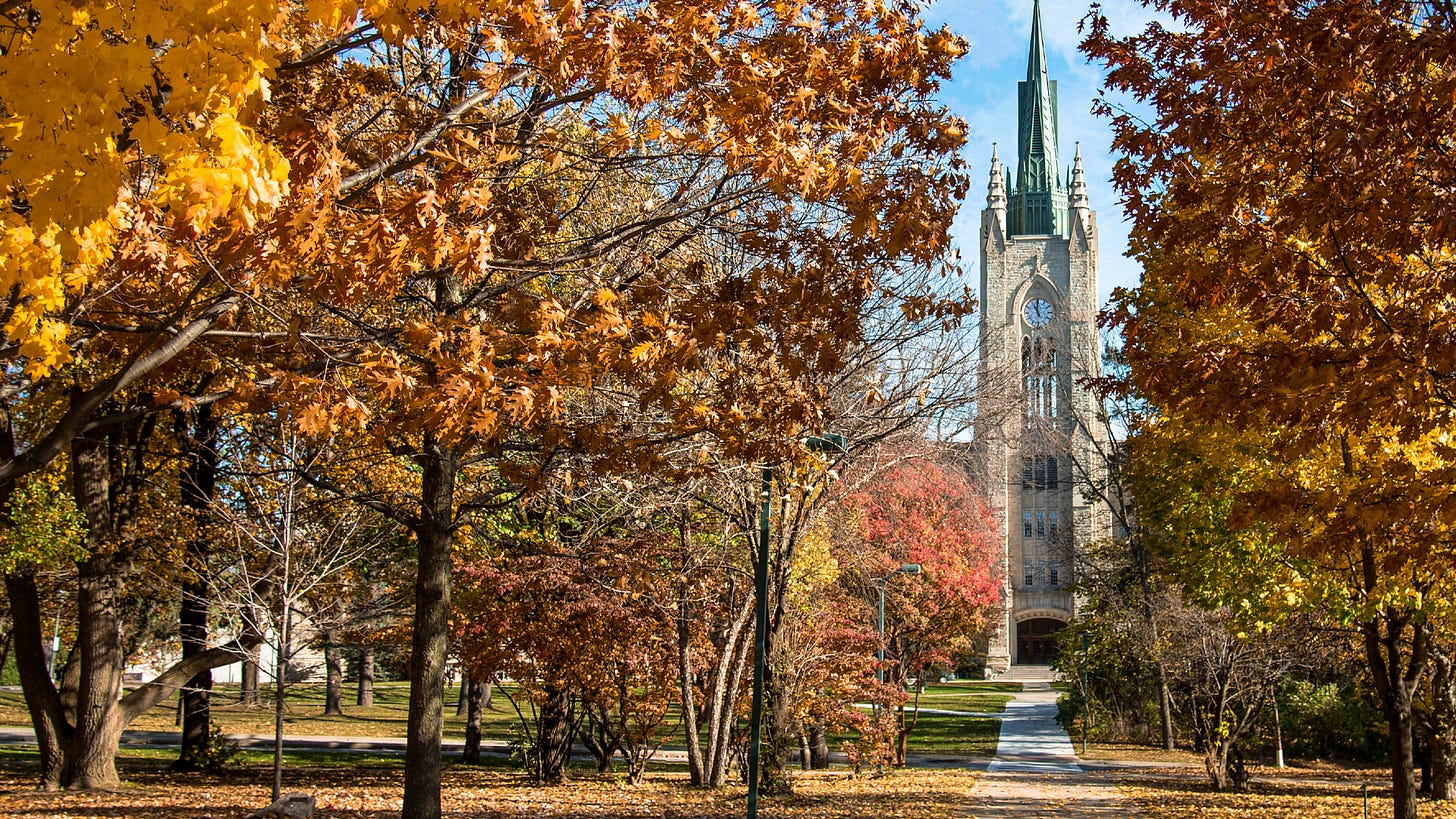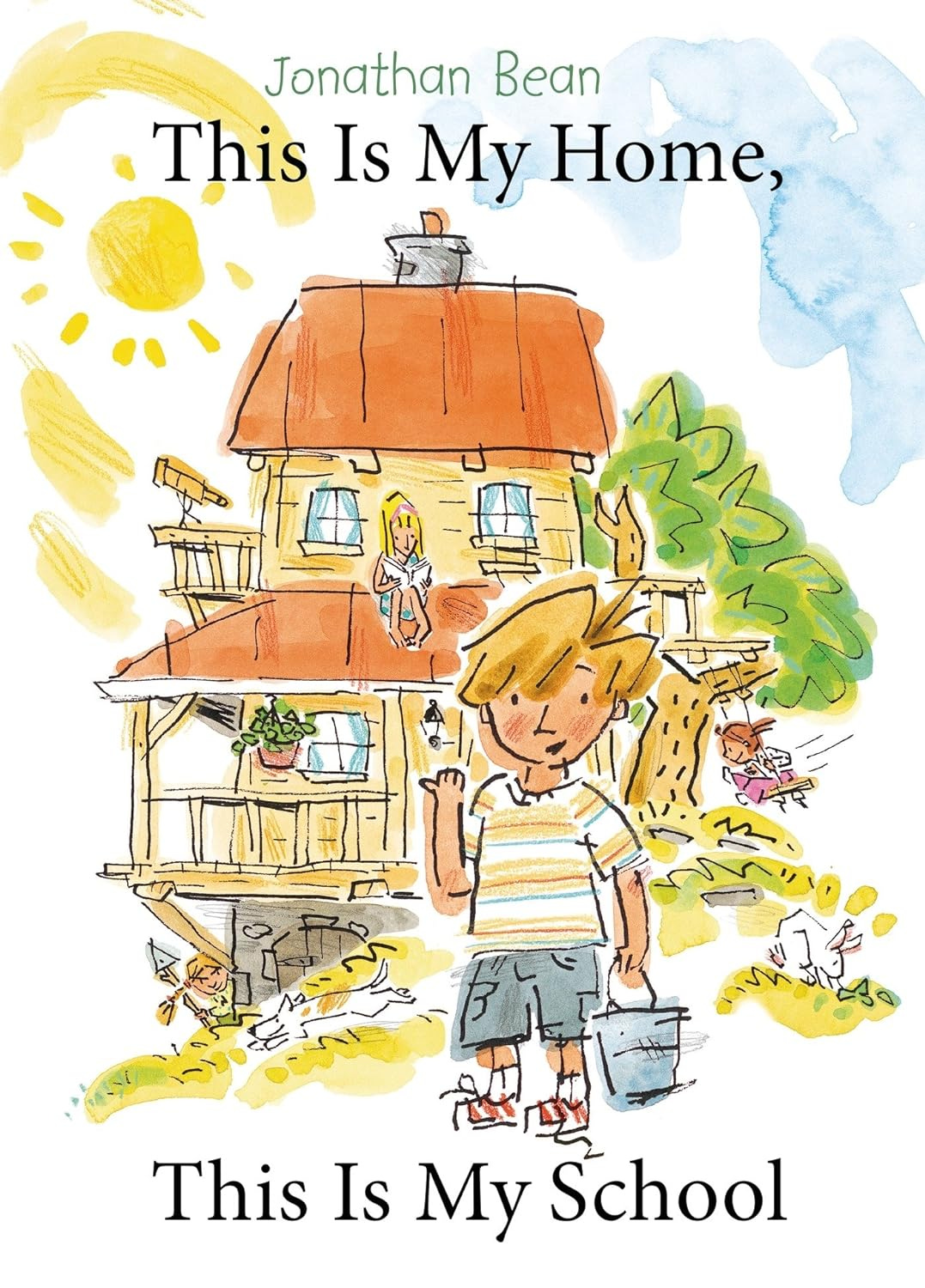I have to start by saying that this took much longer than anticipated to post. It’s been sitting in my drafts for far too long and I realised it was high time I put it out there. The reason I’m only just doing this now is manifold: Summer was crazy busy workwise; my wife and I ended up changing our routines so that she’s now the full-time teacher and I’m the “substitute” homeschooler; and life.
Now that’s been said, I’ll jump into the meat of this post - why we homeschool.
Strangely, it was always something that I kind of wanted to do. I romanticized about it during my teenage years when thinking of the kind of family I would co-create. I would picture my children at our idyllic homestead, learning with their hands in the dirt, among the trees, counting out the eggs for morning breakfast, learning the dos and don’ts of herb and vegetable gardening (something we’re learning together as it turns out). I’d imagine reading to them as a brook babbled by, with all the smells and sounds of nature as much a part of our life and curriculum as math and literature.
Much later, in my early twenties, I watched Captain Fantastic and thought YES, THAT!
Well, maybe not exactly that. But something similar.
17 years ago I lived in England. I was in college, half way through my A-levels and poised to go on to university. Then, somewhat abruptly, I was moved to Canada and I entered the public school system here in Nova Scotia.
I was not impressed; neither with having to move, nor with the school system.
Besides my personal grievances of having to take Grade 10 Courses while being in Grade 12 (because for some reason they give a grade to physical health and life skills classes - CALM as it is called here), I was shocked at the level of education the Grade 12 classes were receiving.
I distinctly remember the Grade 12 English provincial exam being a nightmare for many of my classmates, because it was a standardized test that everyone in the province took. I later found out that the school system here hasn’t long had standardized testing like England’s GSCEs and A-levels, but at the time I didn’t understand why it was such a big deal.
I also remember encountering topics in my Grade 12 Math class that I had done 3 or 4 years prior in England (and had thus already forgotten). The point is that I was seeing first hand that children, in Nova Scotia at least, were not being educated to the same level that I was used to in England. And at the risk of sounding like a snob I think it’s best I divulge a bit more about my education in England.
I did not attend a private school. Nor did I attend a typical public school. The secondary school (high school) I went to in England was De Lisle Catholic Science college, as it was then called. It took students from various seed schools in the county, which were also Catholic. As far as I knew, being Catholic was the only requirement of entry, though they did and still do admit children of other backgrounds and faiths.
Ironically it was at this school, thanks to their offering of Theology and Philosophy classes, that I turned away from Catholicism. So, no, being conservative Christians is not one of the reasons we homeschool.
It wasn’t until I got to university in Nova Scotia that I started to be challenged again - academically speaking - though even there I was dismayed to find that my money wasn’t going to buy me all the Philosophy courses I wanted right away. I had to take a liberal arts course load, with varying credits in different subjects, unlike the immediate specialization allowed at English universities. As such, the degree period was also longer here at 4 years instead of 3 years in English universities.
After my undergrad I started to seriously question the academic school system, too, and whether I wanted to continue to be part of it. What was its focus? The education of children and young adults, or money?
I took some time out and then finally (and a little surprisingly) decided that I wanted to go back again for my Masters degree. Truth be told I loved Philosophy, I loved learning, and I actually loved the academic environment. I realised early that school was a game and I learned how to get good at it. I did so with some great advice from my Dad: at school you should learn how you learn, since most of our learning takes place outside of school.
I took that to heart, learned how I learn (and there are many ways to learn as we now know), and ran with it. During my time at graduate school I encountered a number of people who were surprised at the 3 year gap I’d taken between undergrad and pursuing my Masters, and claimed they couldn’t come back if they’d ever taken a break from it. I also had classmates who said they didn’t really want to pursue a PhD, but didn’t know what else to do, so 4 months into their Masters degree they began applying to schools for their PhD. Such is the stress.
It was here that I saw clearly the education mill that is in place. The conveyer belt of intake and output moves so quickly that young people often have no idea what to do besides stay on it and hope for the best. And because so many of them have come through that system now, the best they can hope for is a place at a post graduate fellowship somewhere for a year or two before they apply for a part time or temporary assistant professorship somewhere else. And the competition is staggering.
I know very smart people who have moved themselves and their families around the world for 1 and 2 year contracts. I also know very smart people who have achieved the highest status possible at their graduate schools - very prestigious schools, too - only to then struggle to find work in the academic world.
So I’ve seen the mill in action. I’ve been in it myself and for a while thought I wanted to go back again. But then I had children. Life got busy. And now I’m out and I have children of my own I ask myself, is that what I want for them? The short answer is NO. No it isn’t. I thought about private school as well, but it just wasn’t economically feasible.
I know I’m a bit of an outlier in that I enjoyed school - most people don’t. But my experience showed me that the mission of the school system is to churn out productive, obedient members of the work force. This belief is continually reinforced by the disparity in funding for Arts programs in favour of STEM programs, which is a phenomenon not unique to Canada. This also impacts enrollment, leading to a decline in the availability of liberal Arts courses and ultimately fewer people in society able to think independently, critically, and communicate effectively.
So when the opportunity arose to homeschool our children, we took it.
COVID was and is a lot of things to a lot of people. One of the things it was for us was the opportunity to keep our children out of the school system. At first it was quite accidental. We actually had our first child signed up for Nova Scotia’s new pre-K program, but thankfully the school dropped the ball and never communicated with us about expectations and start times, and much later called us to say they’d lost our email addresses. The same email addresses that were on the application forms, right alongside our phone numbers.
The following year, when it was time for us to officially apply to place our oldest in the school system, was 2020. My wife and I made a decision to keep him out of school for various reasons, and she agreed to homeschool him so long as we did it together and it wasn’t all left to her (although she’s far more comfortable with it all now). We’re glad we made the choice we did, not least of all because of the school closures and COVID measures that were in place for the better part of 3 years, which have significantly hampered early childhood development. But mostly we’re happy about our choice because he stayed home, and rather than shipping him off to state care for most of his days at the ripe old age of 5, we’ve had more time with him.
And that really is the biggest blessing of homeschooling. Time. He’s 7 now, and while there are some days that we REALLY need to get out of the house, we are a close-knit family. He and his younger brother are the best of friends (except when they’re not) and are closer than me and my brother were at that age. At that age I was in school, separated from him.
So I suppose, even though I always dreamed of homeschooling my kids, we sort of fell into it. The universe arranged itself just so at the right time for us to do it. And I’m grateful that it did.
These formative years are the years I’ll never get back with my kids. So I don’t want to miss it. And because we’re homeschooling, we don’t have to.





